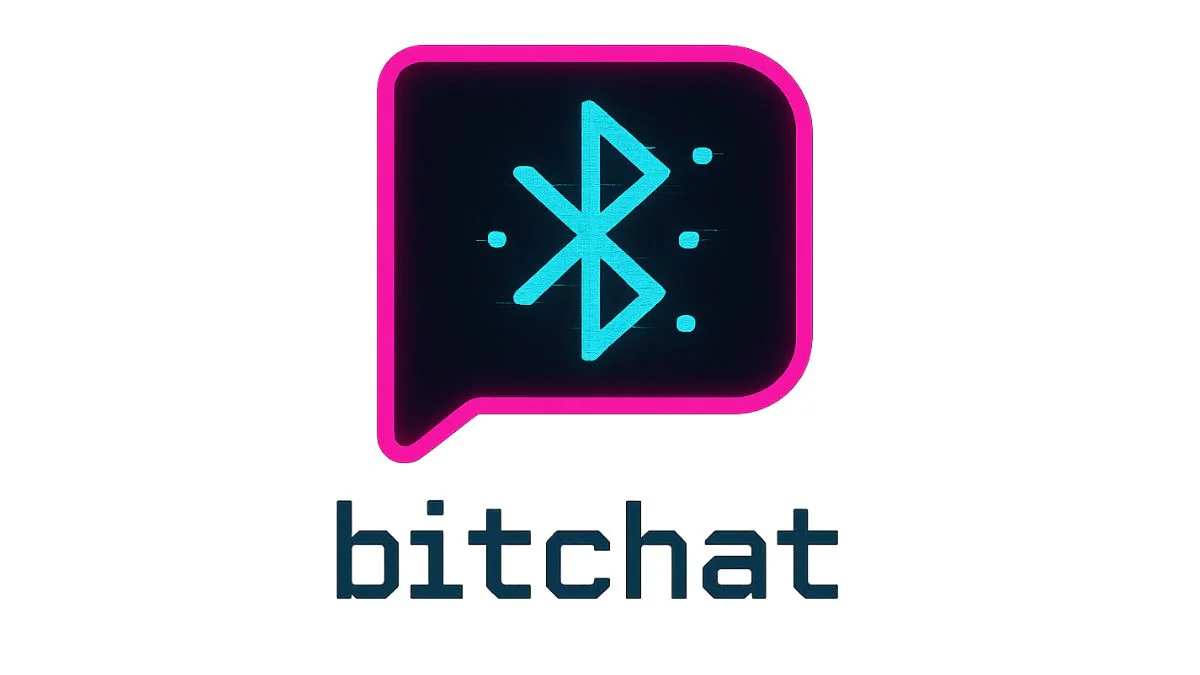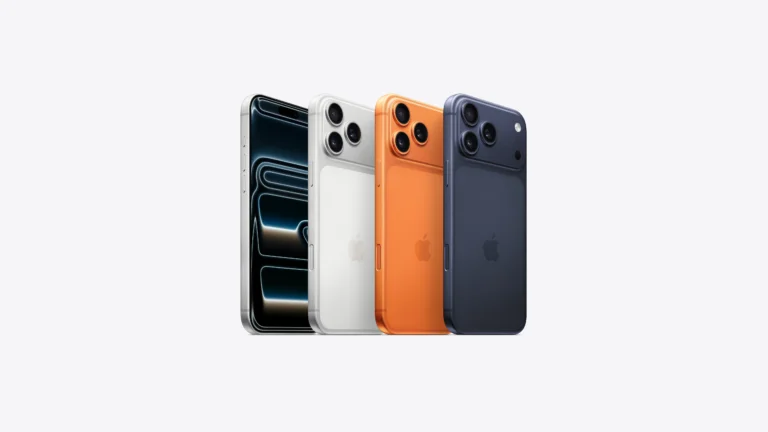Most messaging apps today depend on mobile data or Wi-Fi. But a new option has entered the scene, aiming to make communication work even when those are unavailable. It’s called Bitchat. Created by Jack Dorsey, the former CEO of Twitter, this new app is being developed as a no internet messaging app that runs entirely through Bluetooth.
At first glance, it might seem like a gimmick. But when you look closer, Bitchat actually opens up a new way to think about peer-to-peer communication. It removes the need for servers, SIM cards or phone numbers. All it needs is other nearby phones running the app.
This post explores how Bitchat works, what makes it different, and how it could be useful in real-life situations.
What Is Bitchat?
Bitchat is a peer-to-peer messaging platform that works using Bluetooth Low Energy (BLE). It does not rely on internet connections or traditional mobile networks. The app uses a mesh network to pass messages between nearby phones. That means your message can travel from phone to phone, hopping across users until it reaches the person you meant to contact.
It is not the first app to try this idea. Bridgefy and FireChat both worked on similar principles. But Bitchat takes it further by making privacy and encryption core features. You do not need an account, phone number or any login details to start using it.
Right now, it is available in beta testing for iPhone through TestFlight, and developers have released early builds for Android users through GitHub.
How the Technology Works
Bitchat relies on Bluetooth, not Wi-Fi or 4G. If two phones with the app are close enough, they can connect directly. When more phones are nearby, they all form part of a network. Your phone might send a message to one phone next to you, which then passes it on to someone else. This continues until it reaches the intended recipient.
This method is often called a store and forward model. Messages do not travel in real-time. Instead, they are stored on devices in the network and delivered when a path becomes available. If a phone leaves and then re-enters the network, it can continue sending or receiving pending messages.
In most cases, Bluetooth range is about 30 to 100 metres. However, with enough devices acting as relays, a message can travel much farther. Some users have reported successful message delivery over distances of 300 metres or more. That is thanks to the mesh network style, where multiple phones boost range by sharing the load.
Key Features
- No internet or mobile network needed
- No accounts, phone numbers or SIM cards
- Encrypted communication using AES-256-GCM and X25519 keys
- Messages hop across nearby phones using Bluetooth
- Public and private chat channels
- Direct messaging by nickname
- Panic feature to delete all data with three taps
- Command-based features like /join, /msg, /pass and /who
- Open-source code and transparent development
Messages are encrypted from end to end. That means only the sender and receiver can read them. Even phones that relay a message cannot see the content.
There are also dummy messages built into the system. These are designed to confuse anyone trying to track communication patterns. It adds a layer of cover traffic, which is helpful if someone is watching the network.
What It’s Like To Use
Using Bitchat feels a bit like early internet chat rooms, mixed with the practicality of modern messaging. Once installed, you are given a random nickname. You can change it, but you will not need to sign up or log in.
You can create or join public channels, such as #festival or #groupchat. You can also message someone directly by using their nickname. If a channel is set with a password, only users who enter it correctly can view and join it.
All messages are text only. There are no images, videos or audio files yet. The design is minimal, focusing on fast and secure messaging rather than extra features. There is no central server. Every user’s phone is a node in the network.
Battery usage is moderate. Because Bitchat uses BLE, it consumes less power than traditional Bluetooth. Compression is also built in, which helps with performance.
Pros
- Offline messaging in areas without coverage
- Fully decentralised, so no single point of failure
- Strong focus on privacy and no tracking
- Works during events, protests or power cuts
- Free and open source
- Minimalist design that avoids clutter
- No need to rely on companies or authorities
Cons
- Needs nearby users for messages to travel
- Only supports text messaging at the moment
- Not available in app stores yet
- Limited range without large user base
- Still under development with possible bugs
- No file transfers, media or calling features
Use Cases in Real Life
One of the most obvious uses is in emergencies. If mobile networks go down, Bitchat can still help people communicate locally. This is useful during natural disasters, blackouts or protests where communication is limited.
It can also be helpful in festivals or concerts. These are places where networks often get overloaded. You and your group can still stay in touch using Bitchat. As long as someone in the group has the app open and within range, messages can flow between all of you.
Hikers, travellers and campers can also benefit. When exploring remote areas, there might be no signal for hours. But Bitchat lets you talk to others nearby. It does not replace emergency services, but it adds a bit of extra safety.
In countries where speech is monitored or censored, the app provides a private way to talk. Since there are no servers or phone numbers, it becomes much harder to track or block the messages.
The People Behind It
Jack Dorsey, who helped create Twitter and Block (formerly Square), is leading this project. He claims it started as a side idea and was built quickly using AI tools. But interest has grown fast. Within days, the TestFlight beta was full, and developers began porting it to other platforms.
The code is available on GitHub, with over 200 commits. There is also a technical white paper explaining how encryption, peer IDs and message relaying work.
It is clear that the app is still in its early days. But the team is active, and feedback is being taken seriously. Updates are expected soon, including support for Wi-Fi Direct and better Android builds.
Looking Ahead
The biggest challenge Bitchat faces is adoption. For the app to work well, many people need to install and use it. The more users in an area, the stronger the mesh network becomes. Without enough people nearby, it cannot reach far.
Another issue is platform support. Most users prefer apps from official stores. Until Bitchat becomes available on Google Play and the App Store, it will remain a niche tool.
Still, there is potential for growth. If future versions add photo sharing, voice notes and better user discovery, it could see wider use. There is even talk of using it for payments or blockchain communication, though those are long-term ideas.
Conclusion
Bitchat is not trying to replace WhatsApp or Telegram. It serves a different purpose. It gives people a way to stay in touch when everything else is offline. Whether it is a power cut, protest, or just a packed music festival, Bitchat steps in where other apps cannot.
It is simple, open, private and surprisingly useful. For those curious about decentralised technology, or looking for more resilient ways to stay connected, it is worth trying. Just do not expect it to be polished yet.
Keep an eye on it though. If mesh networking takes off, Bitchat might become more than just a clever idea. It could be a new way of thinking about communication entirely.






